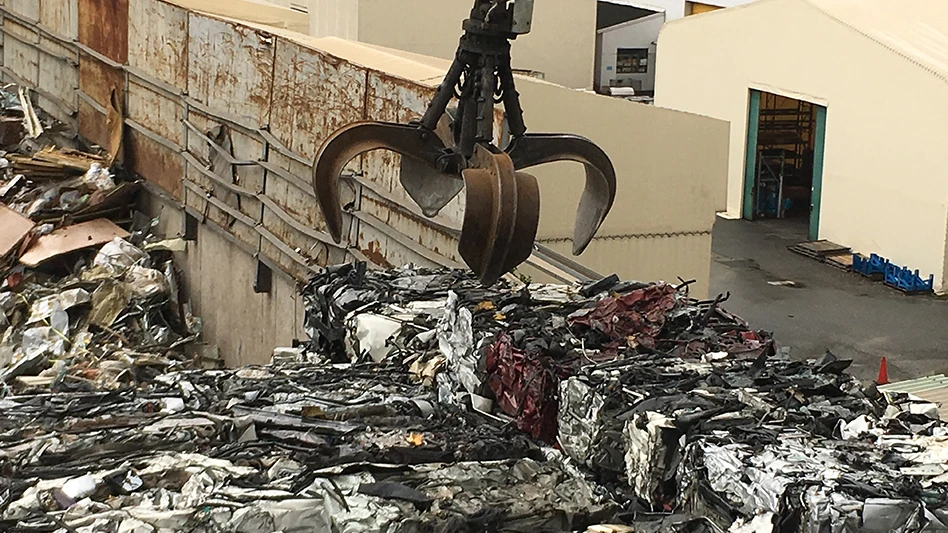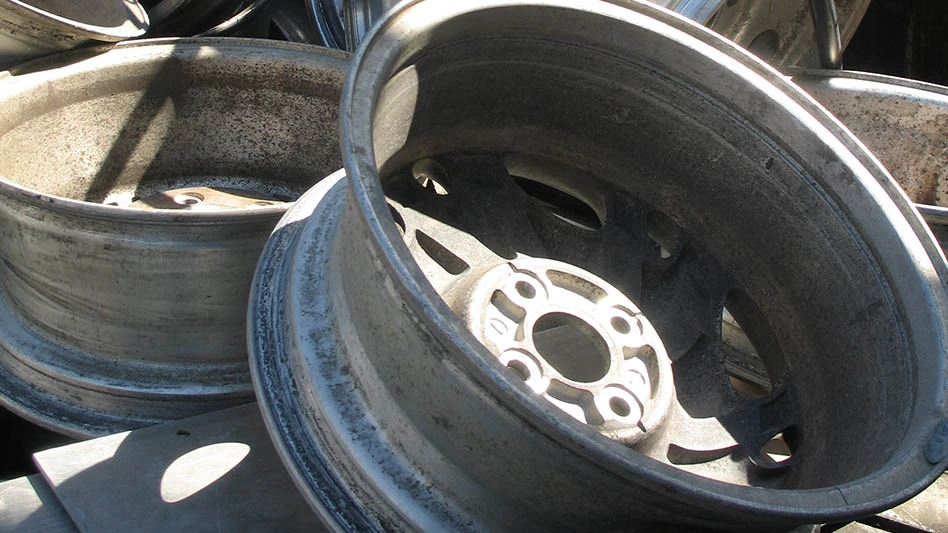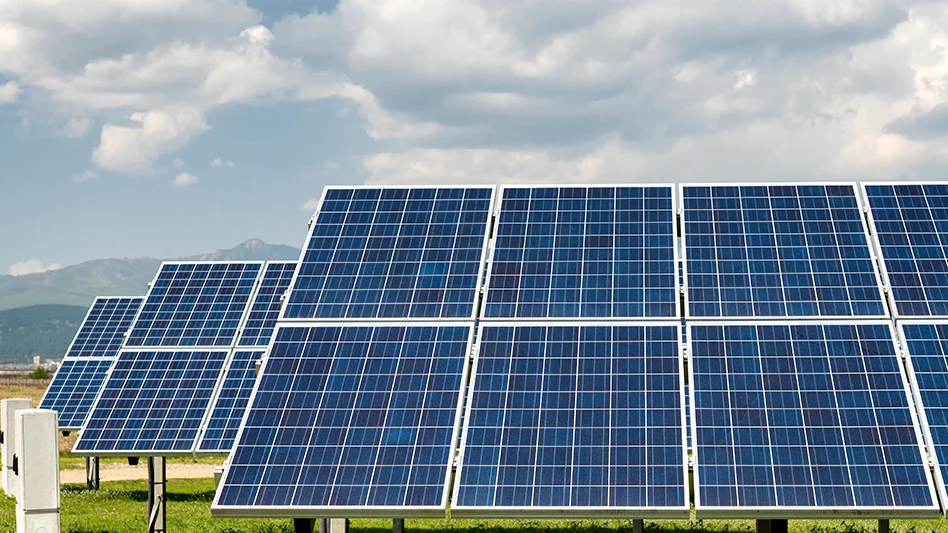
Recycling Today archives
Steelmakers in North America, Europe and several other parts of the world—and the metals recyclers providing part of their feedstock—have long accused Chinese producers of receiving subsidies and creating far more steelmaking capacity than is needed in that country.
A new report issued by Washington-based law firm Wiley Rein LLP offers what it says is a critical perspective on China’s economic reform pledges for the steel industry and underscores the need for a more effective alignment between policy rhetoric and industry practices.
The firm specializes in antidumping (AD) and countervailing duty (CVD) cases, calling such cases “critically important tools for domestic companies that have been harmed by unfair import competition.”
The 30-page report, titled “Shell Game: Case Studies in Chinese Steel Subsidies,” is authored by Alan H. Price, Robert E. DeFrancesco and Adam M. Teslik of Wiley Rein, with Price being co-chair of the firm’s international trade practice.
“Despite the strong rhetoric around ‘reform’ in China, our findings indicate that the Chinese steel industry has not yet experienced the substantial shift toward reduced government control and increased market orientation that was promised,” Price says.
In the report, the authors analyze steel industry activity in the China during its 13th and 14th five-year plan periods (2016-2020 and 2021-2025), focusing on what Wiley Rein calls persistent government intervention and subsidies.
The report closely examines three steel companies involved in state-directed mergers, relocations and financial support it says helped contribute to uncompetitive excess capacity, distorting global steel markets.
“As we examined the experiences of the three companies, we identified a broader trend of persistent government intervention in the steel industry,” DeFrancesco says. “This ongoing involvement at both central and local levels suggests a reluctance to fully adopt market-based approaches, which contribute to overcapacity and pricing distortions impacting international markets.”
The law firm says only one of the three firms it selected to study is openly part of a state-owned enterprise (SOE), while the other two—including recycled-content electric arc furnace (EAF) producer Dalipal Holdings Ltd.—are presented beyond China’s borders as private small-to-medium enterprises (SMEs).
In the report, which can be downloaded from the Wiley Rein website, the authors say the two SMEs have benefited from central government policies just as distinctly as the SOE studied.
In the case of EAF producer Dalipal, Wiley Rein writes, “The Chinese government [has] intervened aggressively to alter the geographic layout of the steel industry. Often framed as policies to reduce environmental burdens in heavily populated areas, these initiatives not only support relocation of existing capacity into concentrated industry clusters like coastal industrial parks but also heavily subsidize simultaneous facility upgrades and expansions of relocated facilities. Over the course of a government-ordered facility relocation initiated in 2017, Dalipal has taken advantage of ‘differentiated capacity replacement’ policies applicable to scrap-based EAF producers and significant financial support for facility upgrades to nearly triple its oil country tubular goods (OCTG) production capacity and double its EAF billet production capacity.”
The law firm goes into detail regarding what it calls bailouts and inefficient forced mergers undertaken to keep afloat Tianjin Steel Pipe Group Co. Ltd. (TPCO Group), the SOE it studied.
Contrary to most bankruptcies, mergers and acquisitions in the U.S. and other parts of the world, Wiley Rein spells out a seven-year restructuring for TPCO Group that resulted in continuation of 3.5 million tons of seamless steel pipe capacity and increased CITIC Special Steel’s total seamless steel pipe production capacity to 5 million tons, making it one of the world’s largest seamless pipe producers and one of China’s seamless steel pipe ‘navigator enterprises.’
Wiley Rein also writes, “CITIC Special Steel [is] ultimately controlled by CITIC Group and, thus, the Chinese Ministry of Finance.”
In the case of EAF producer Dalipal, the law firm says steel recycling protectionism also plays a role in its ability to conduct business.
The report’s authors say the city of Tangshan, near Dalipal’s new mill location, recently issued plans to establish one of the largest steel scrap recycling bases in the country to service the Beijing-Tianjin-Hebei region and substantially increase scrap supply and utilization in the region’s steel industry.
“To direct policy support for increasing domestic supply and utilization, the Chinese government imposes a 40 percent export duty on steel scrap that creates a domestic price advantage and increases domestic supply beyond otherwise market-determined volumes," the report says.
“These three companies each exemplify in their own ways some of the major distortions that follow from the Chinese government’s recent industrial policy initiatives. All three companies are emblematic of the ongoing challenges that China’s state-backed steel industry poses to overseas competitors seeking to shore up critical supply chains and invest in a more sustainable future.”
Latest from Recycling Today
- Steer World offers PEX plastic recycling machine
- New recycling grant program launches in Massachusetts
- Tire Recycling Foundation names executive director
- Dock 7 named 2025 Exporter of the Year at New Jersey International Trade Awards
- Waste Connections reports ‘better than expected’ Q1 results
- Commentary: How EPR is transforming the packaging industry
- Acerinox names new North American Stainless CEO
- Greenwave closes 2024 books with red ink





